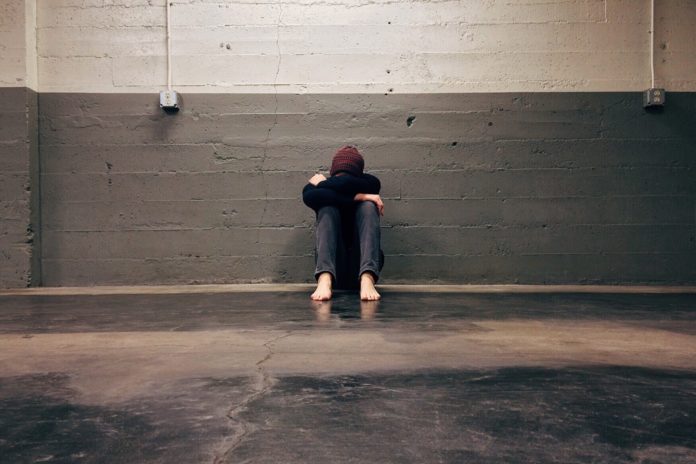The world faces a significant threat right now, and it would be absurd to deny it. This threat is invisible, and we don’t know how to respond precisely.
For some of us, we might be underreacting to the COVID-19 pandemic and not protecting ourselves or loved ones. For others, there might be so much anxiety that it leads to paralysis from the fear.
Here are 5 tips to help you cope:

1. Understand that anxiety has a purpose. Without fear, we would not survive long. We need a certain amount of anxiety to provide us with a signal to change our behaviors. It is OK to be anxious during this pandemic, but having too much anxiety can lead to a negative spiral or worry.
2. Be OK with uncertainty. A common trait for people with excessive worry is not being able to handle uncertainty. For these people, attempting to reduce uncertainty by searching for answers leads to more anxiety and into a downward spiral. With our situation regarding the pandemic, there is a great deal of uncontrollability and unpredictability, which are kindling for the fire of anxiety. If you notice an uncontrollable urge to continue reading the news to find answers, try to step away and be OK with being uncertain.
3. Keep perspective. Look at the big picture of other things happening in your life, like school, family or work. There is a balance between staying informed while not becoming obsessed with every story about the pandemic.
4. Build routine. In these challenging times, most people are out of their regular routines and are distanced from social contacts. Engaging in new routines (physical, social, pleasurable and helping others) can prevent us from being down or depressed. Taking walks (if one can maintain a safe physical distance from others) or scheduling talks with friends through technological means can be quite helpful in our attempts to act as if we are not depressed. Try to find alternatives for physical activities, social interactions and doing things for others.
5. Embrace antifragility. We can think of this current COVID-19 situation as an opportunity for growth. The stress of the situation may make us stronger in the long run.
The a version of this article originally was published on Psychology Today.










